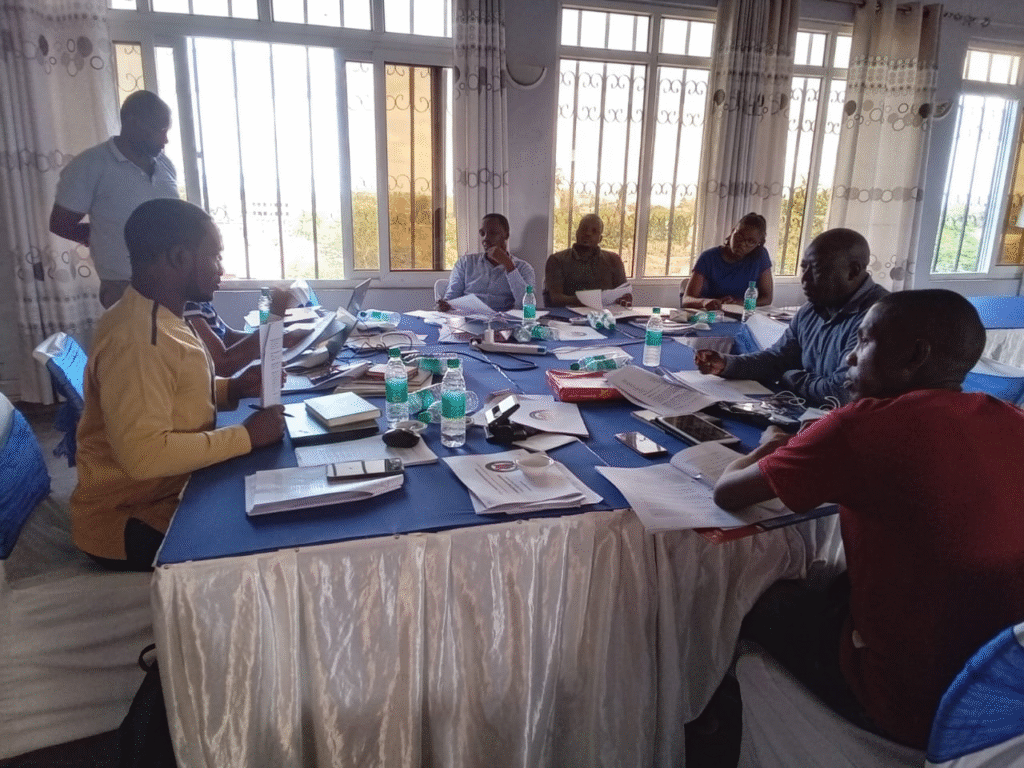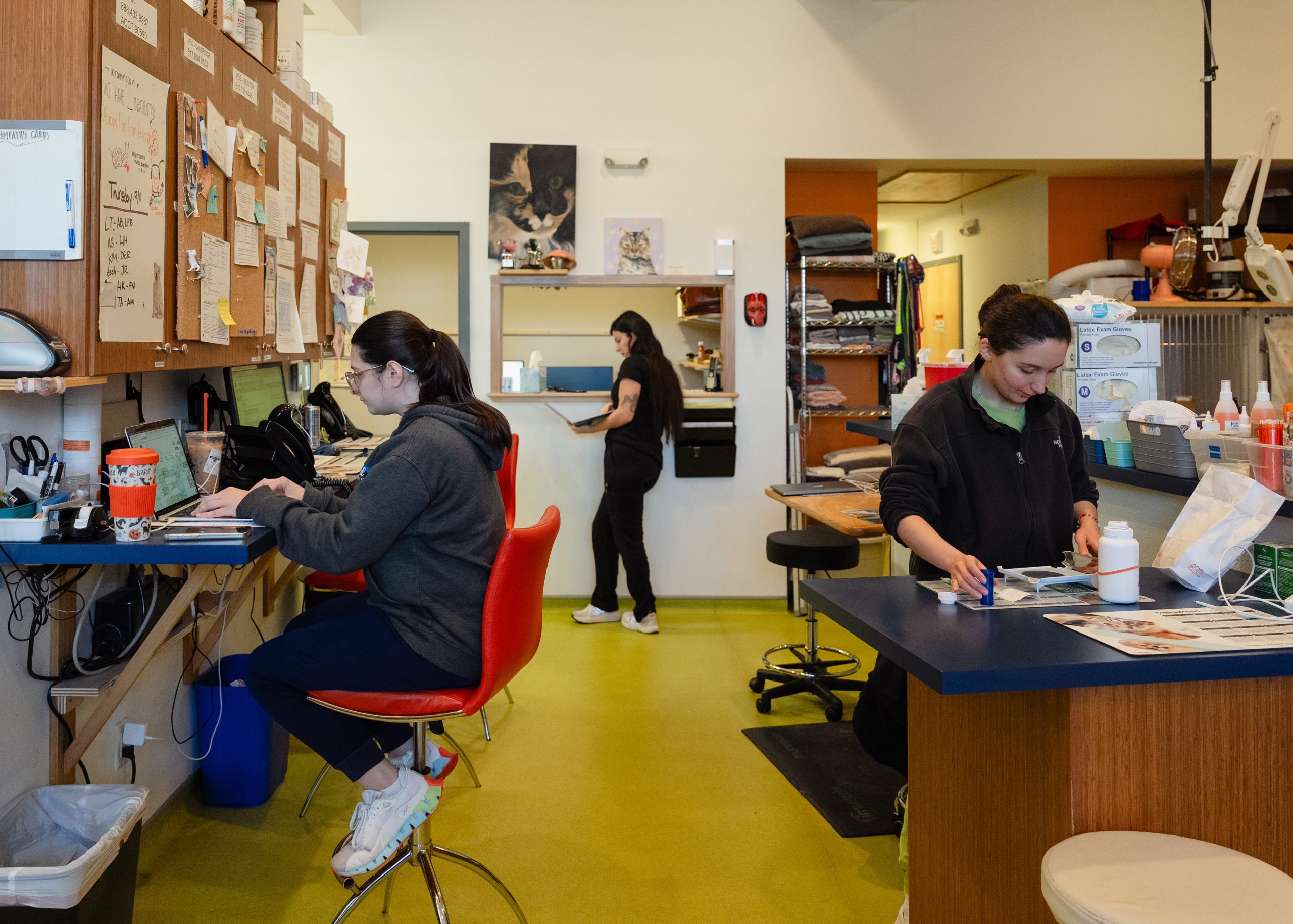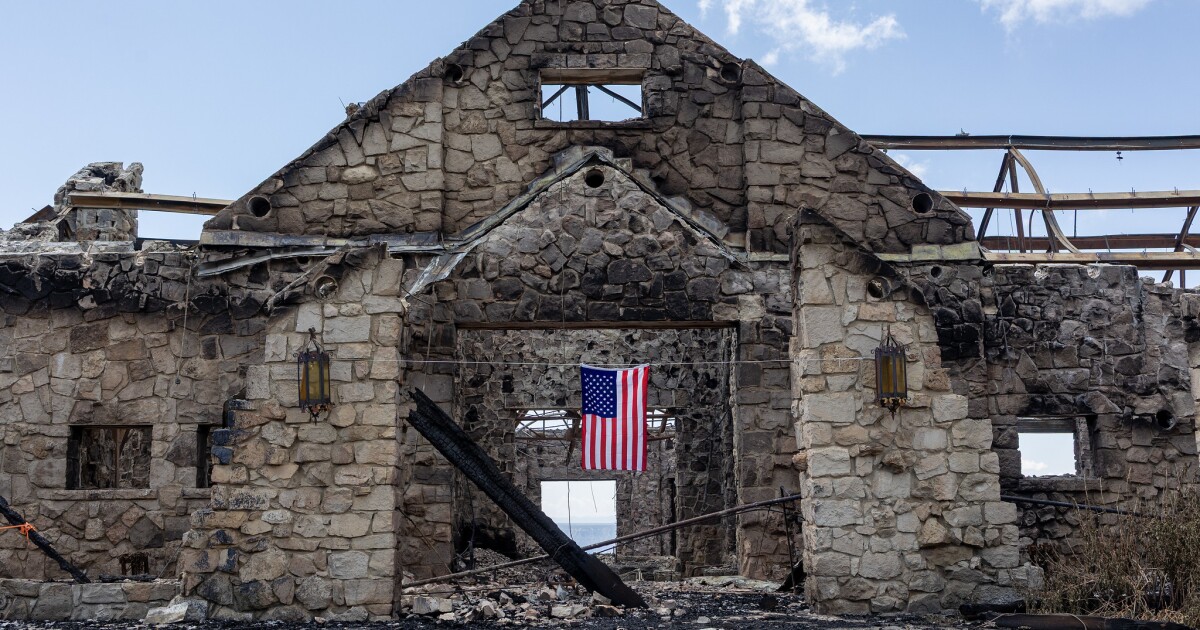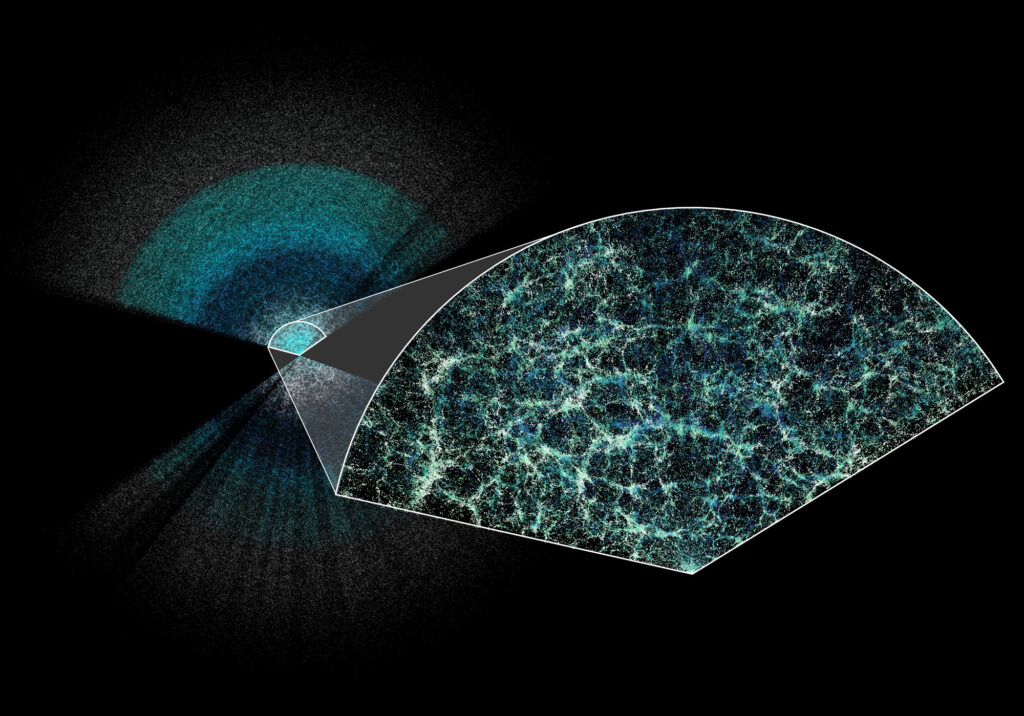A major collaboration aiming to understand shifting demographics and their effects on health systems has secured multi-million-dollar funding from the National Institutes of Health. The Longitudinal Study of Health and Ageing in Kenya (LOSHAK) is a joint effort by Aga Khan University in Nairobi and the University of Michigan Institute for Social Research. It seeks to enhance global research data on health and aging, addressing questions about global health trends.
This initiative is led by Joshua Ehrlich, a research professor at the University of Michigan, and Anthony Ngugi, associate professor at Aga Khan University. They aim to convert data into actionable insights, helping shape future health and economic systems worldwide.

LOSHAK benefits from support by AKU Medical College and the U-M Center for Global Health Equity. Akbar K. Waljee emphasized that such studies offer opportunities to compare U.S. health outcomes against international settings, influencing health systems both locally and globally.
Sub-Saharan Africa, with its rapidly shifting demographics, offers a prime setting for studying aging. The region’s older adult population is growing quickly due to better life expectancy and family planning. By 2050, Africa’s 60-plus demographic is expected to triple, with Kenya’s senior population projected to increase fourfold by 2050.
“Thanks in part to improved health services and access, life expectancy in Kenya is increasing. The irony is that these trends create new challenges for the very healthcare and economic systems that enabled them. Now, there is a need to adapt and innovate,” Ehrlich said.
The $23.6 million, five-year grant supports the collaboration between AKU and U-M, allowing researchers to explore long-term impacts of demographic changes by surveying thousands of Kenyans. Two complementary surveys are central to LOSHAK, aligning with international research standards. The “Core” survey will target around 6,500 Kenyans aged 45 and older, collecting diverse health, social, and economic data. Conducted in multiple languages, it will harmonize with global aging studies.
Embedded in the Core survey, a second study will examine 2,300 individuals aged 65 and older in Kenya’s Coast Region, focusing on cognitive impairment and Alzheimer’s disease. This study follows an international cognitive assessment protocol.
The research will also integrate environmental data from wearables and biomarker data from blood samples, checking for chronic conditions. This grant enables the establishment of a lasting survey cohort for future aging studies.
Information from LOSHAK will be made available for global research comparison, informing academics and policymakers across Africa and beyond. Chronic diseases and caregiving pressures are global concerns, extending the project’s relevance beyond Kenya.
“Demographic shifts stress economic systems and create new demands for healthcare delivery, from elder care to chronic disease management and cancer treatments,” Ngugi said. “Looking ahead, policy makers will need the best possible data to understand and care for populations that look much different from those typically seen today.”
—
Read More Michigan News










